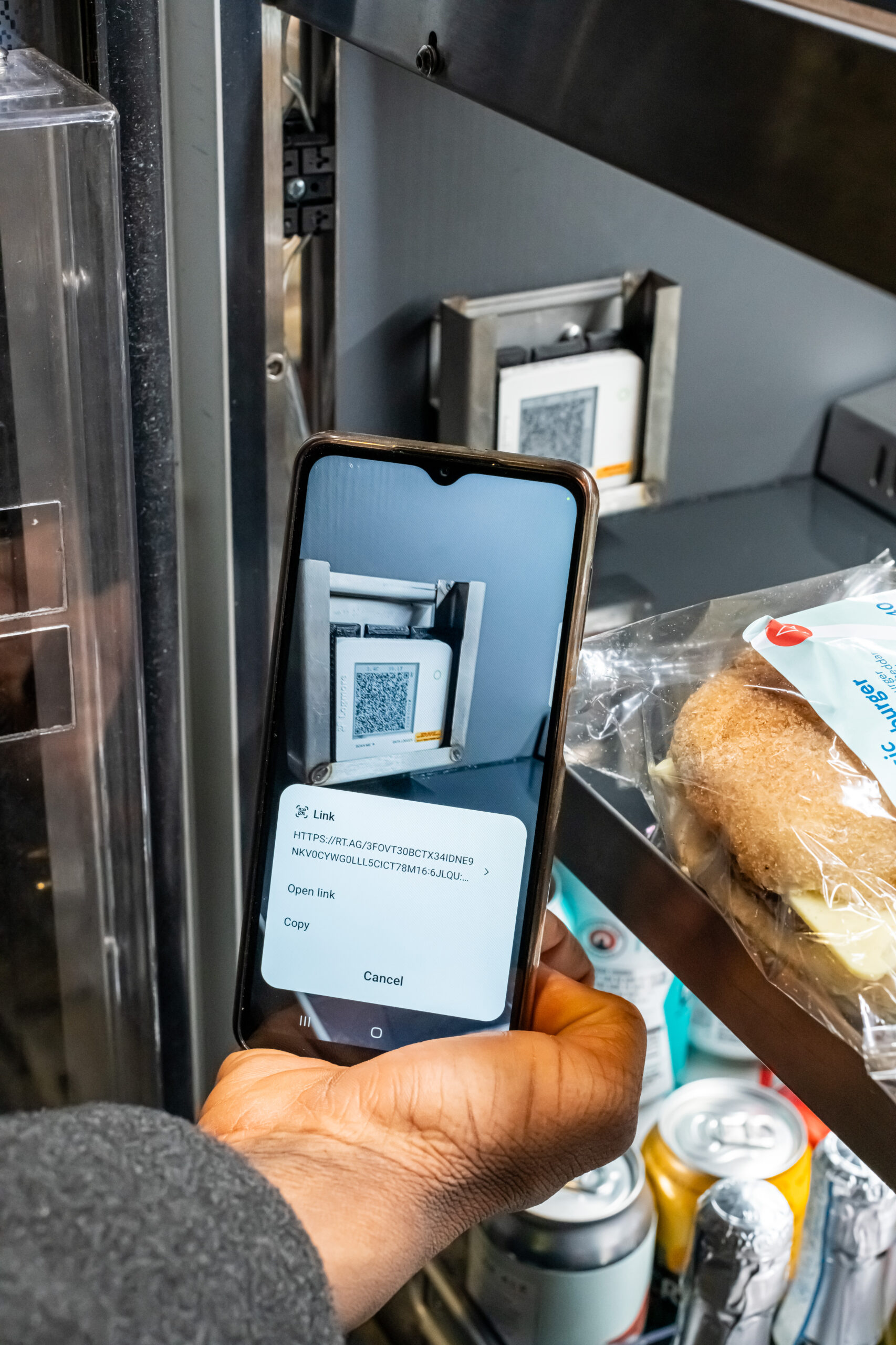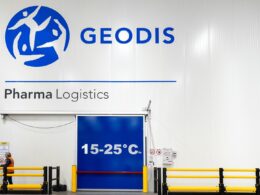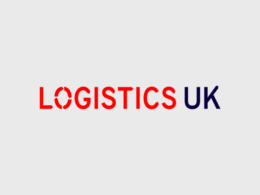For several years I’ve had the choice to receive my energy bills via email, my delivery notifications ping through by SMS, I can even get a mortgage without sending or receiving anything in the post, so why as an industry are we so wedded to paper?
The POD system is what we live by; it’s clarity and protection for both carriers and shippers but its paper-based form causes so many issues that it’s in need of long-overdue modernisation.
Looking at the problems of the paper-based POD system, let’s start with the big one – the environmental cost. Our calculations conservatively estimate that as an industry paper-based PODs are responsible for the destruction of 288 trees a day or 733,440 a year. On top of deforestation, there’s also the water and carbon consumption required for production. Meanwhile, many other industries operating with much higher stakes, such as banking and legal services, have stopped relying on hard copy paperwork. This makes the waste caused by paper PODs in supply chain logistics impossible to justify.
Beyond the environmental impact, there’s a financial one. For hauliers, PODs are money. If a POD is missing, partially completed or inaccurate, customers can and do frequently withhold payment and this can have really damaging consequences. The process for managing this system is costly too with each depot needing to employ someone solely to chase paper PODs.
The importance of PODs is drilled into drivers but they’re under the cosh trying to keep them in order. Each customer has their own format that needs to be completed in a unique way, then drivers have their paper-based run manifests which need signing too. It’s a lot of signatures and a lot of room for error. As a result, it’s not uncommon for drivers to make return journeys completely empty, just to get a missing signature. Now we’re talking wasted emissions and wasted driver hours at a time when we don’t have either to spare.
Equally, for customers, nothing about the paper-based POD makes financial sense. As well as the cost of materials and printing, there’s the resource required to manage the paperwork with all its flaws, which inevitably leads to inaccurate invoicing and disputes.
You’d think that when a system is so poor, it must surely be difficult to replace. In some ways it has been as customers tend to each work on proprietary systems. But moving to an ePOD system will be simple and beneficial to everyone.
At DigiHaul, our own ePOD process captures the longitude and latitude of the location to prove that a truck was there. For customers and carriers, this is far more reliable evidence of delivery. As an electronic record, it doesn’t require the same protracted manual processing of paperwork and instant proof of delivery means we can pay our haulier partners straight away.
The last two years should have taught us just how valuable our hauliers are. By adopting a more reliable and efficient POD system, we can help ensure that their services are paid for on time, without fuss and without the cost to the planet.
Written by Matt Garland, Sales Leader at DigiHaul, for My Logistics Magazine.













